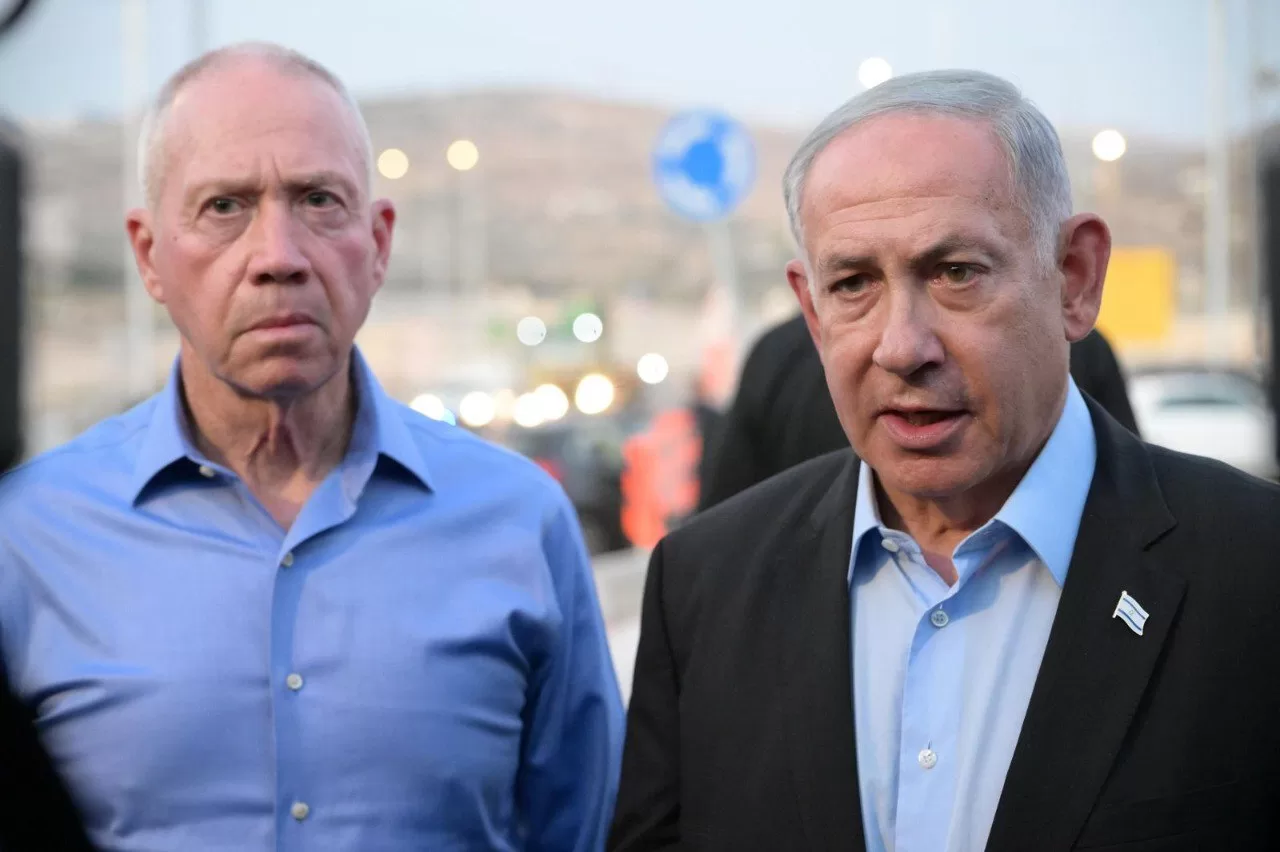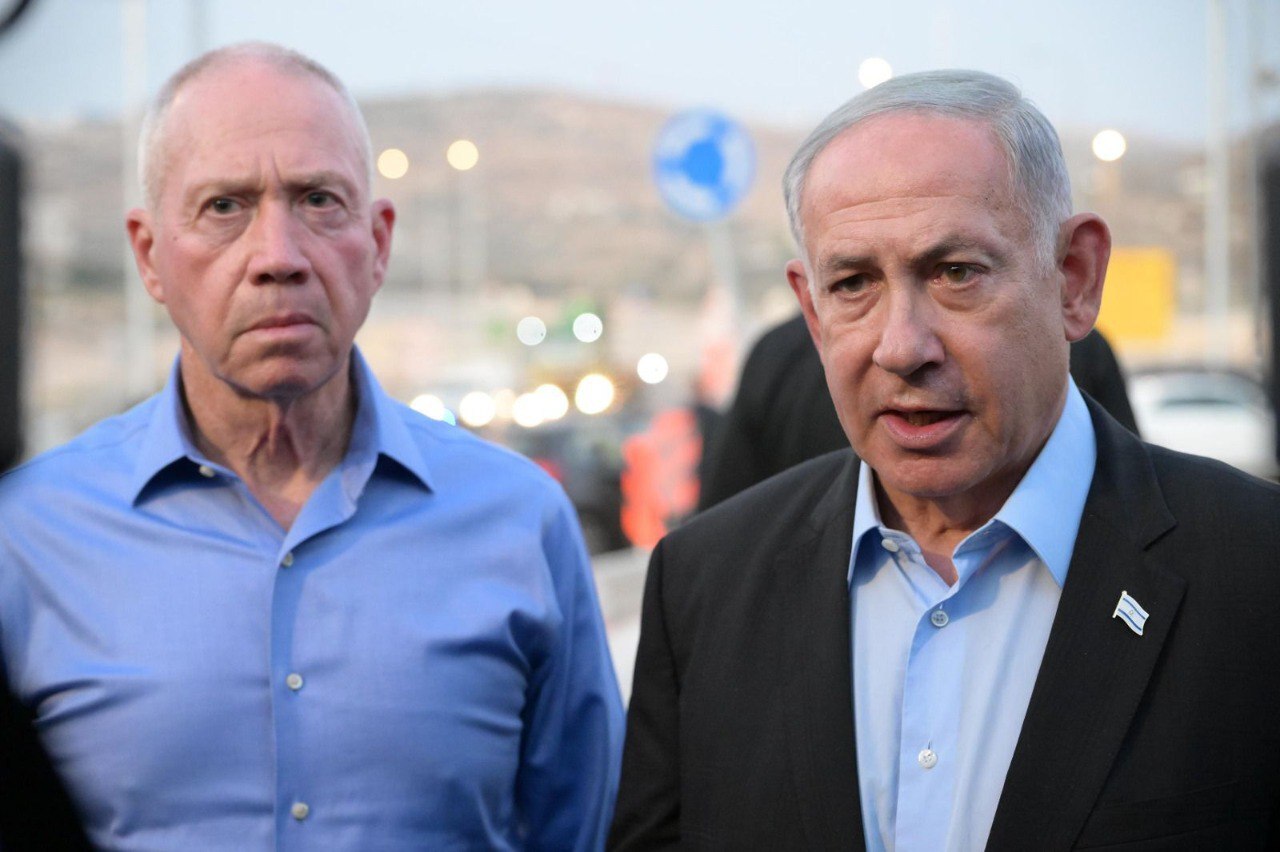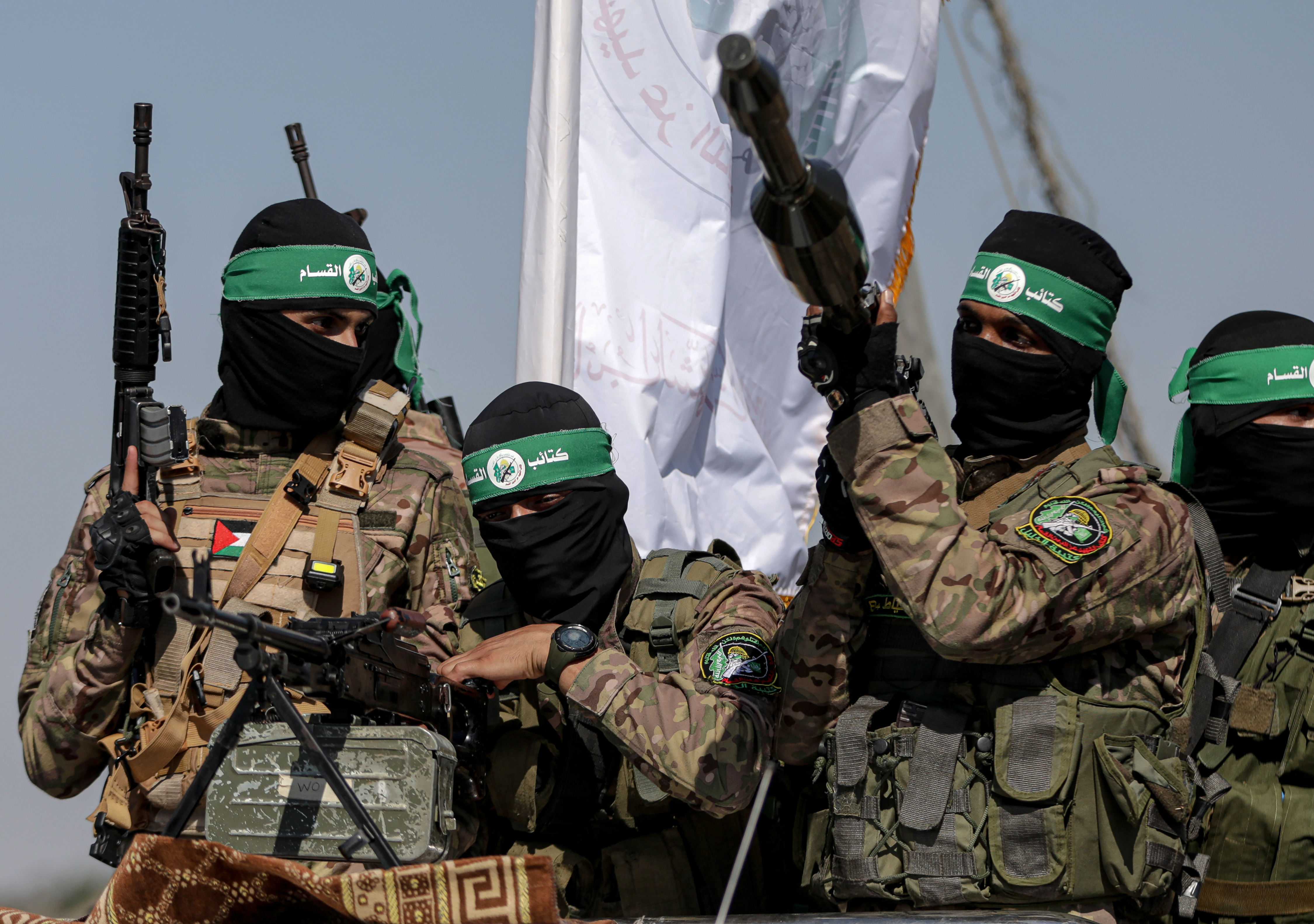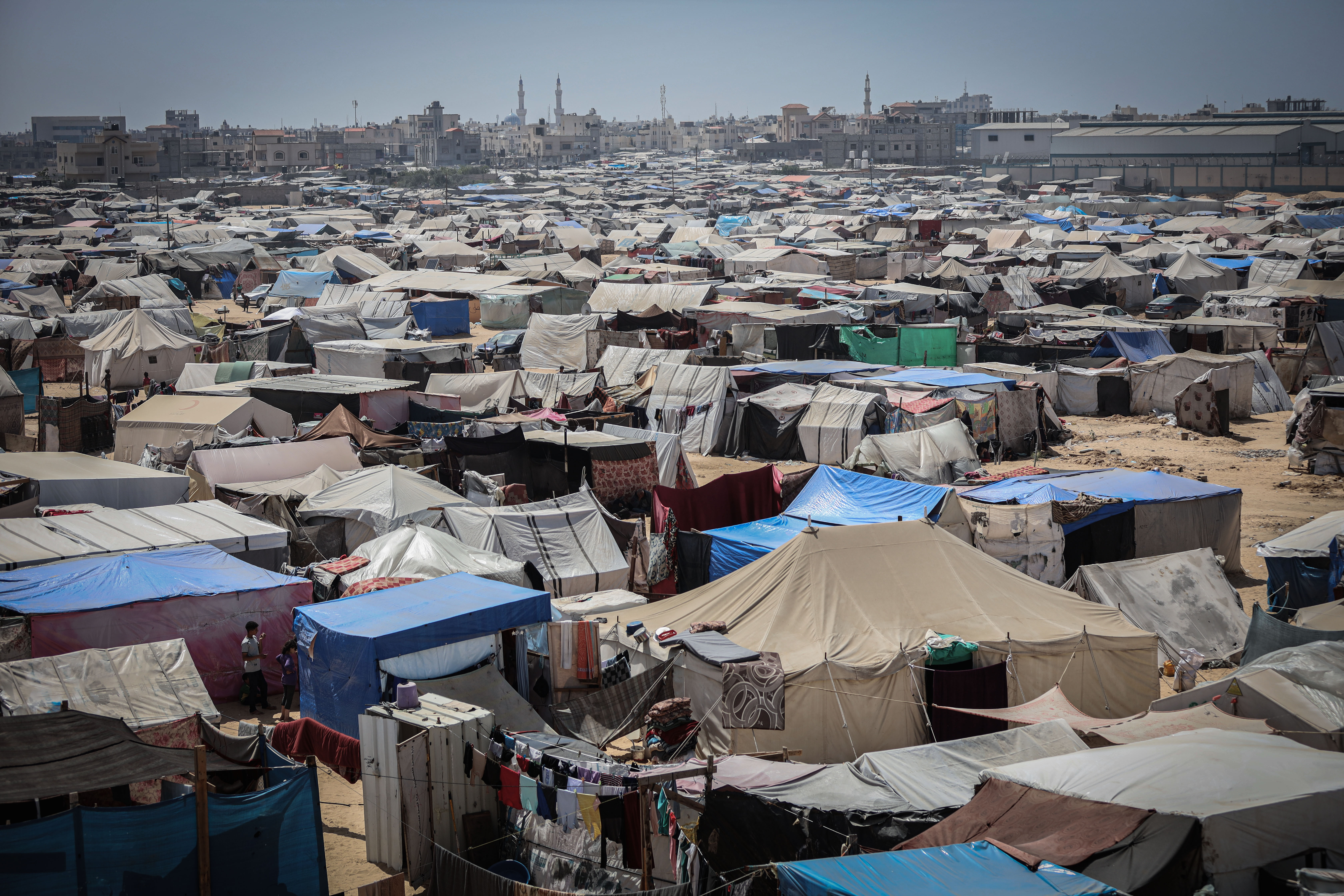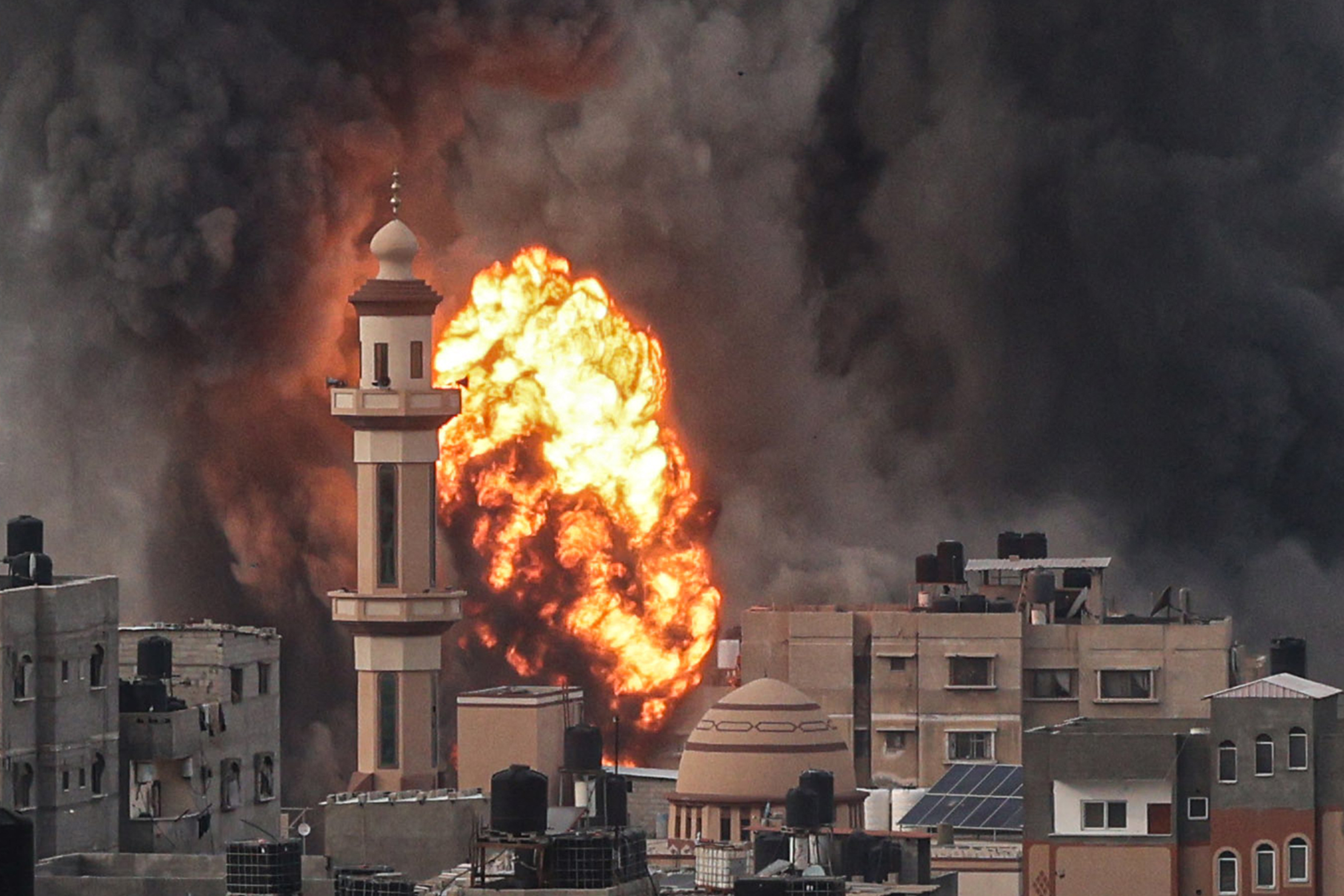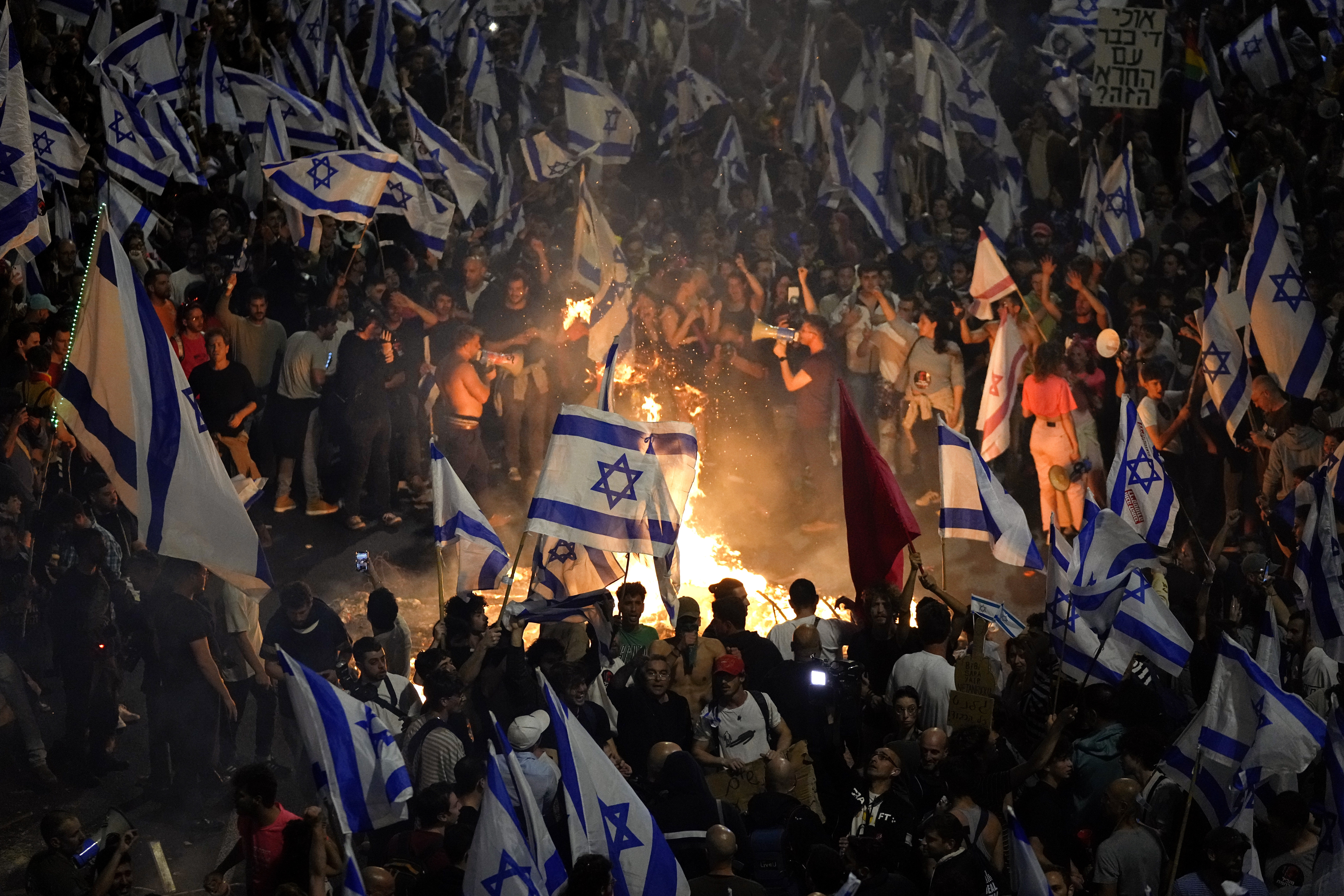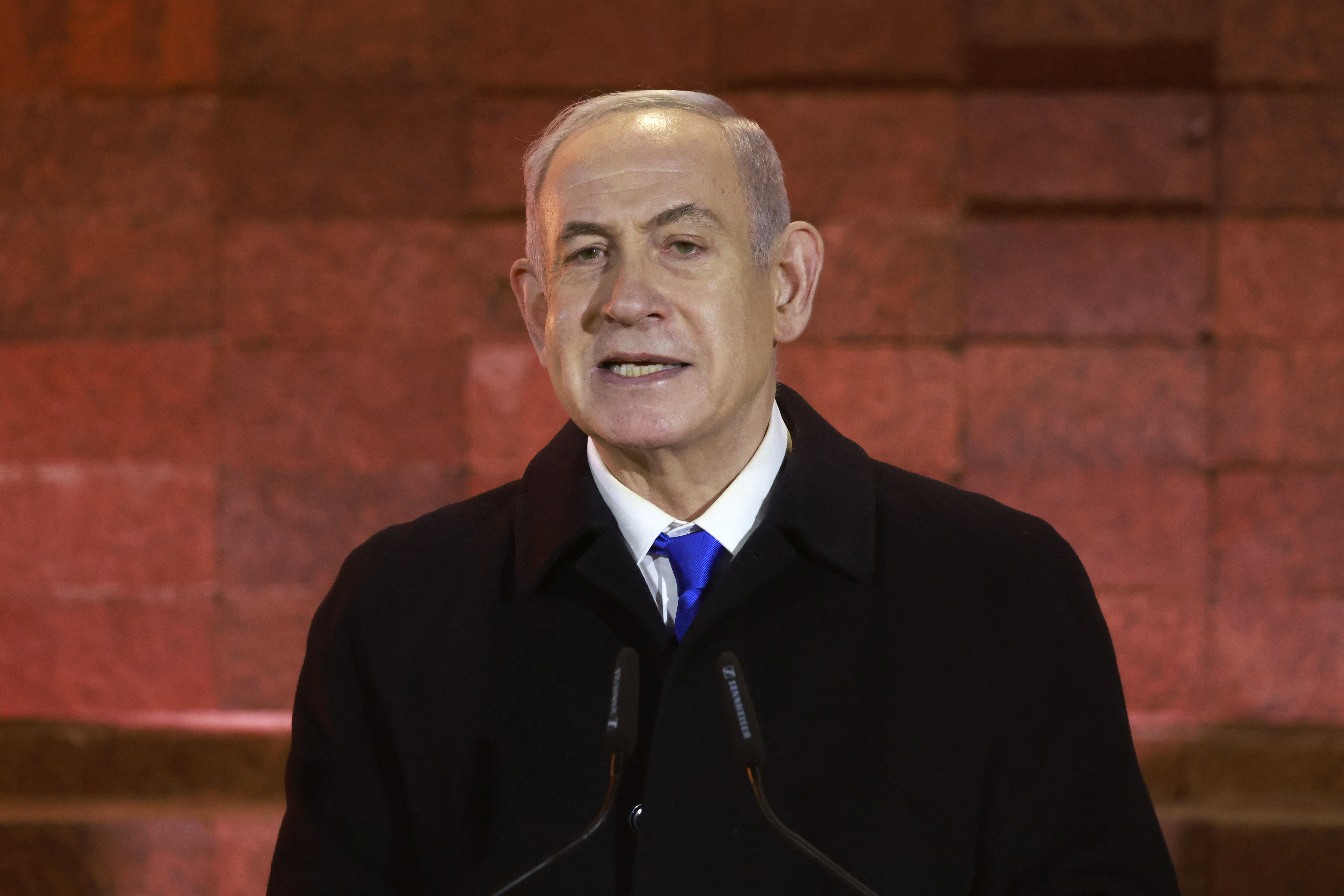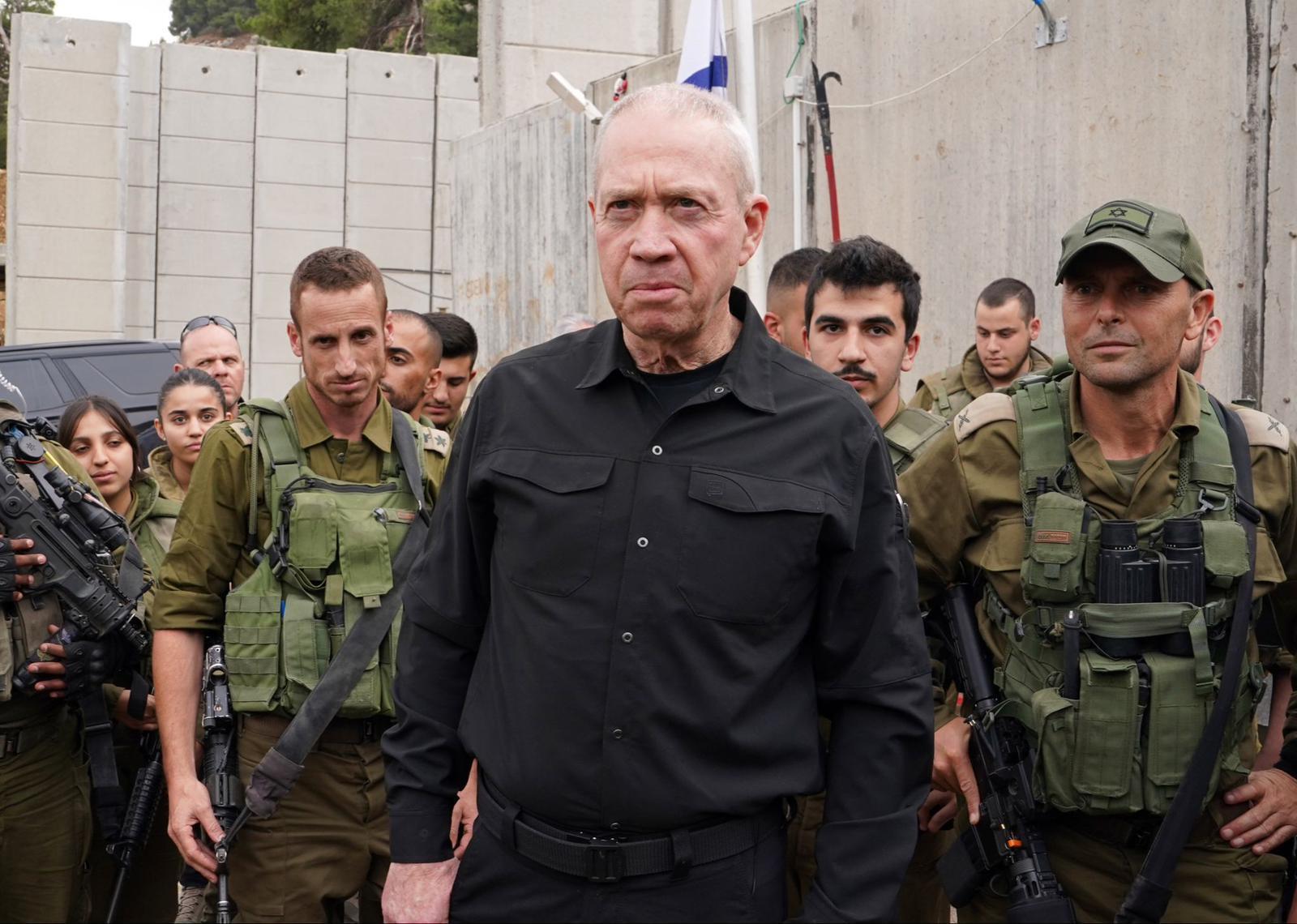Israel has accused Hamas of blocking a truce deal with “extreme demands”, including leaving the militant group in control of Gaza.
Some 1.5million civilians are sheltering in Rafah, with most having fled from cities, refugee camps, and villages further north.
Israel was said to be planning to strike five sprawling Hamas tunnels and hideouts which it claims exist beneath the battered city.
Yoav Gallant, Israel’s defence minister, warned on Sunday that his government was preparing to launch “a powerful operation in the very near future in Rafah and other places across all of Gaza”.
Speaking to troops, he said: “We have clear goals for this war: we are committed to the elimination of Hamas and the release of the hostages…
“We have identified alarming signs that Hamas actually does not intend to go for any agreement framework with us.
“What this means is an operation in Rafah and the entire Gaza Strip in the very near future.”
Less than half of the 250 hostages snatched by militants on October 7 have been released in the seven months since Hamas launched its assault on Israel, though many are believed to have died in captivity.
The threat of an imminent invasion of Rafah came as peace deal negotiations stalled on Sunday due to Hamas’ “extreme” demands.
Israeli Prime Minister Benjamin Netanyahu said: “Hamas remains entrenched in its extreme positions, first among them the demand to remove all our forces from the Gaza Strip, end the war, and leave Hamas in power.
“Israel cannot accept that.”
He added: “We are not willing to accept a situation in which Hamas’ battalions leave their tunnels, reestablish control over the Strip, rebuild their military industries and go back to threatening the citizens of Israel in the communities of the Western Negev, the cities of the south and throughout the country.
“In such a case, the next October 7 would only be a matter of time. Hamas would be able to realise its promise to carry out repeated massacres, rapes, and abductions.”
Egyptian and Qatari mediators worked with the head of the CIA, William Burns, in Cairo over the weekend to try and progress a truce agreement – without a delegation from Israel.
Hamas’ delegation is said to have left the negotiating table after it said it would only agree to a deal if Israel permanently ends the war.
The deal currently on the table involves Hamas releasing 33 hostages – all women, the elderly, and the sick.
On Sunday, Netanyahu said Israel had been “very generous” in its offer and was willing to pause fighting for 40 days to secure the release of the Israeli hostages.
Hamas’ “extreme” demands included, according to the Israeli PM, the withdrawal of Israeli forces from the Gaza Strip, the end of the war, and leaving the militant group intact.
The Israeli politician ruled out ending the war until all of his “aims are achieved”.
Nations including the UK and the US are pushing to avert a Rafah offensive, which Palestinian President Mahmoud Abbas said would be “the biggest catastrophe in the Palestinian people’s history“.
But Netanyahu said Israel “will stand alone” if it must, telling world leaders at the weekend: “No amount of pressure, no decision by any international forum will stop Israel from defending itself.
“Never again is now.”
Defence Minister Gallant added that “strong military action” will begin in Rafah “in the very near future, and in the rest of the Strip”.
Netanyahu has vowed to crush the “last bastion” of Hamas, which he believes is hiding in – or below – Rafah.
The Israeli PM has previously indicated the war in Gaza will continue “until Hamas is destroyed” and that “anyone who thinks we’ll (Israel will) stop is unmoored from reality”.
He said in December: “We’re raining fire on Hamas, hellfire. All Hamas terrorists, from first to last, face death.
“They have two options only: surrender or die.”
Israel is expected to proceed with its ground offensive in Rafah even if negotiation talks collapse.
Why does Israel want to invade Rafah?
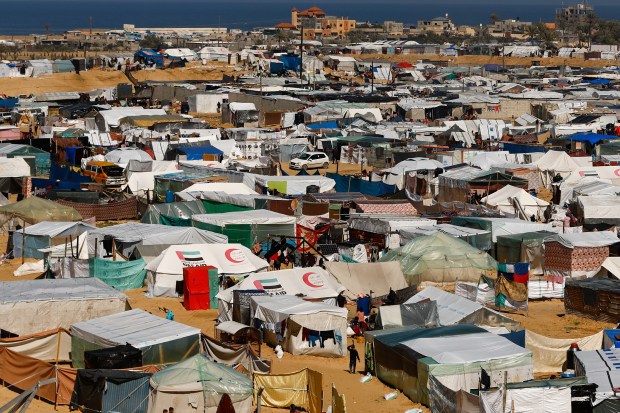
ISRAEL’S military is reportedly poised and ready to invade Rafah, whether or not it reaches a peace agreement with militant group Hamas.
So why does Israel want to storm the southern Gaza city?
Israel says Rafah is Hamas’ last major stronghold in the Gaza Strip, as its military claims to have already dismantled 18 of Hamas’ 24 battalions.
Israeli Prime Minister Benjamin Netanyahu said: “We will enter Rafah because we have no other choice.
“We will destroy the Hamas battalions there, we will complete all the objectives of the war, including the return of all our hostages.”
The country believes Hamas has five battalions in Rafah and that its ground forces must move in to destroy them.
Hamas boss Yahya Sinwar is thought by the Israel Defence Forces to be holed up in tunnels beneath the city.
About 1.5 million Palestinians – more than half of Gaza’s population – have sought refuge in Rafah, having fled from cities, refugee camps, and villages further north.
Israel has said it will evacuate civilians from the city before invading.
Its military claims to have purchased 40,000 tents, each with the capacity for 10 to 12 people, to house Palestinians relocated from the city ahead of the assault.
